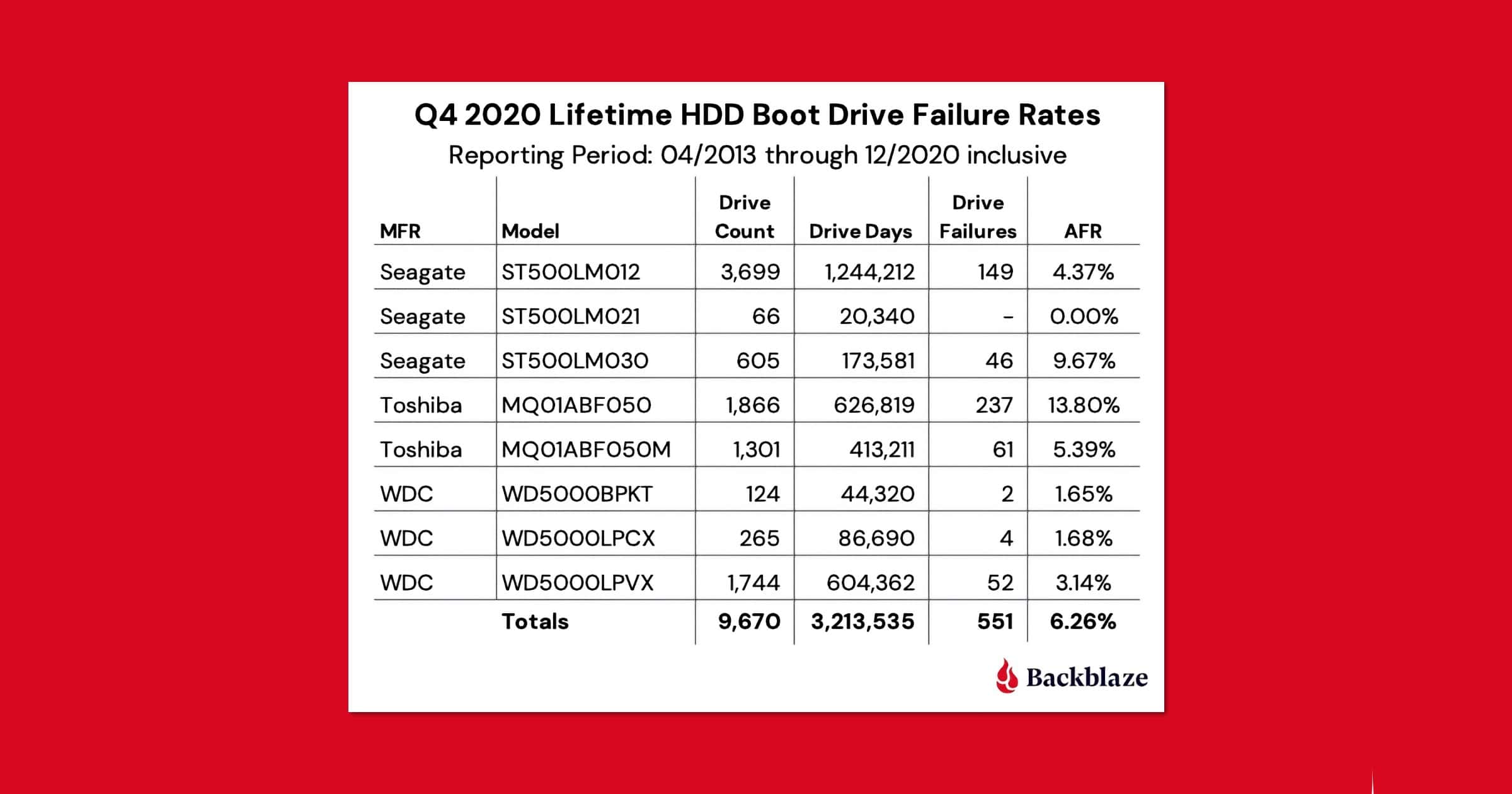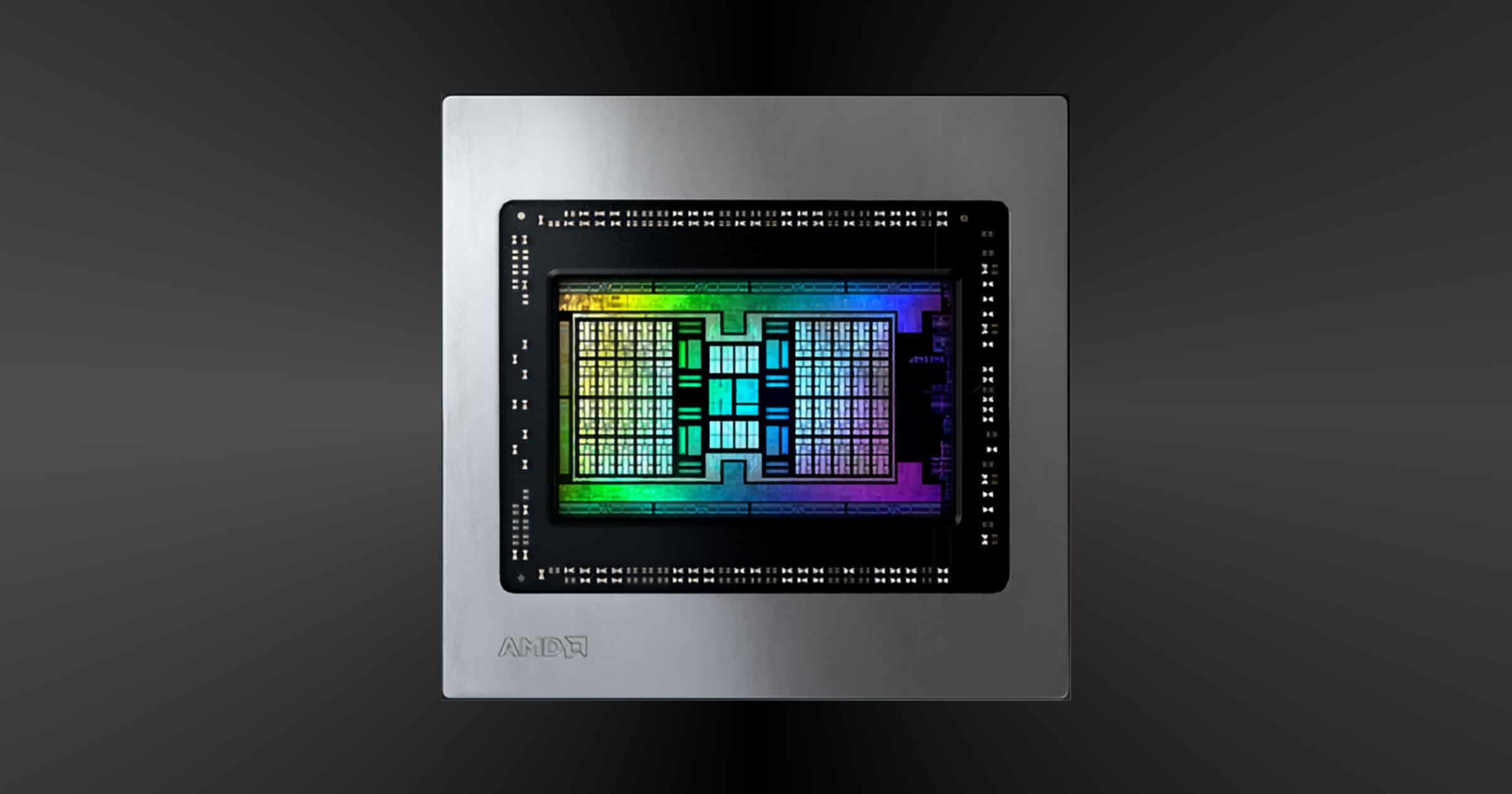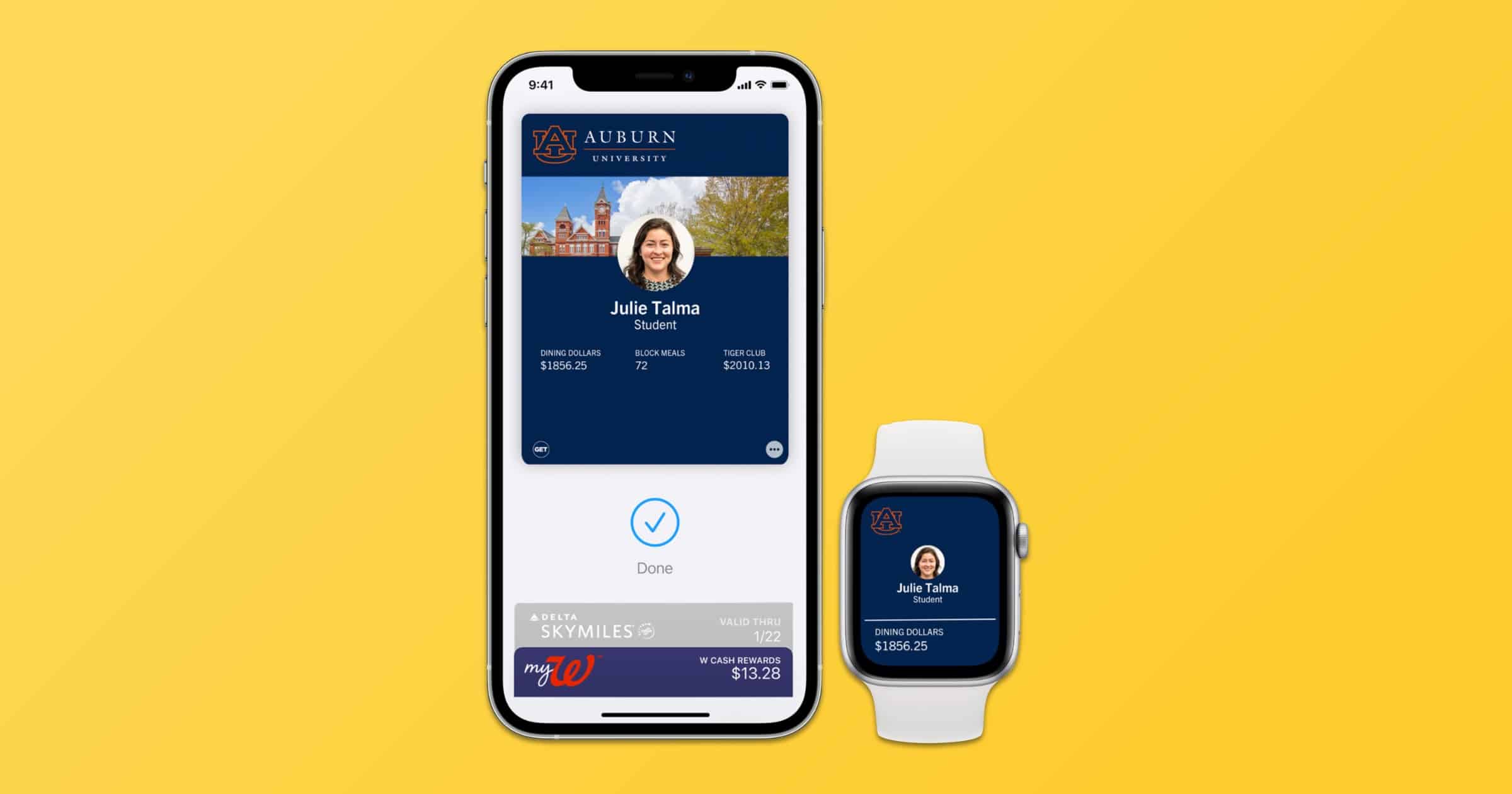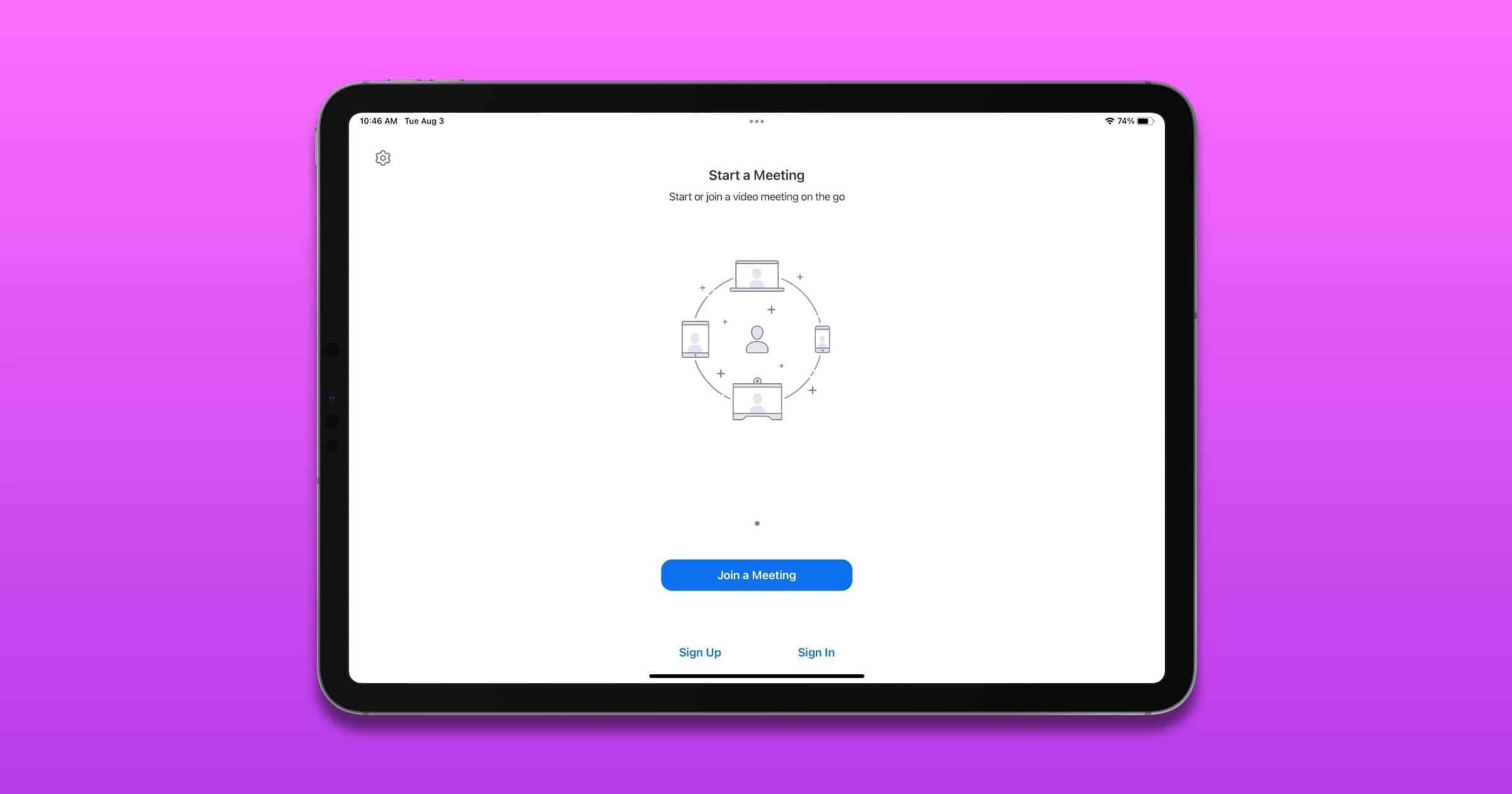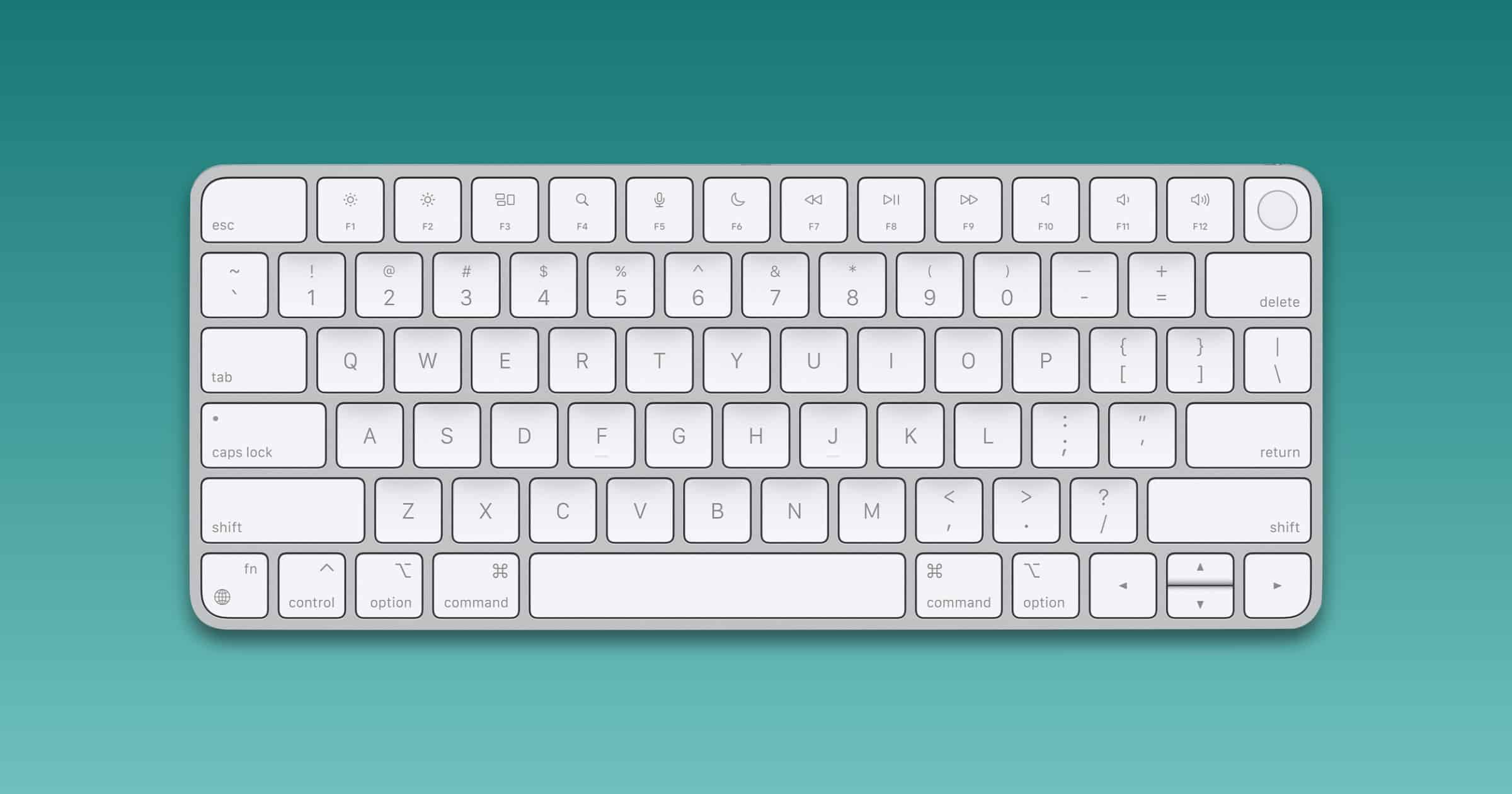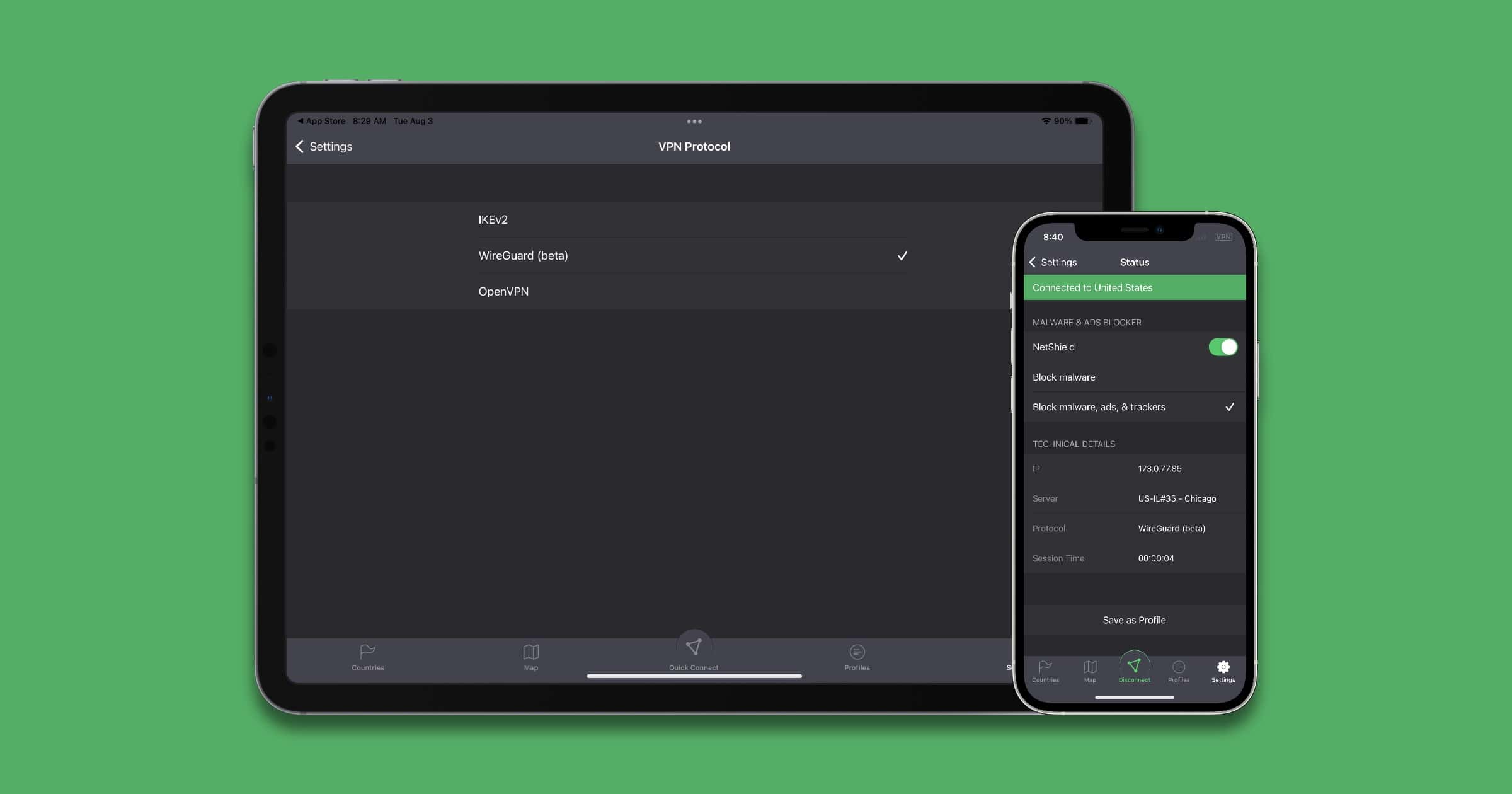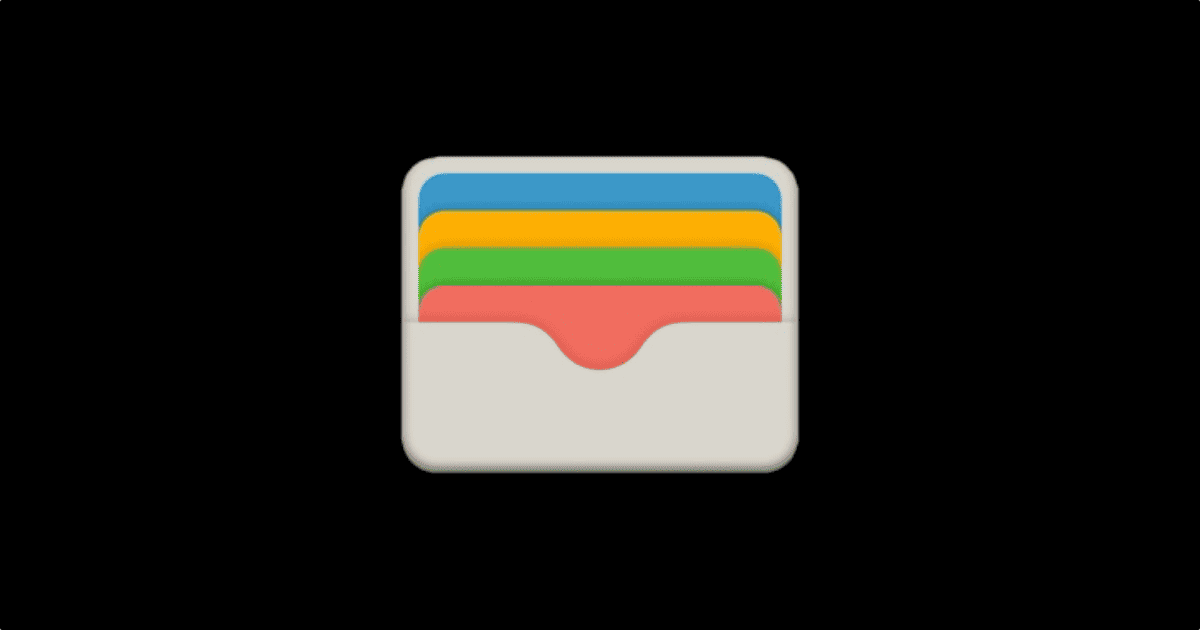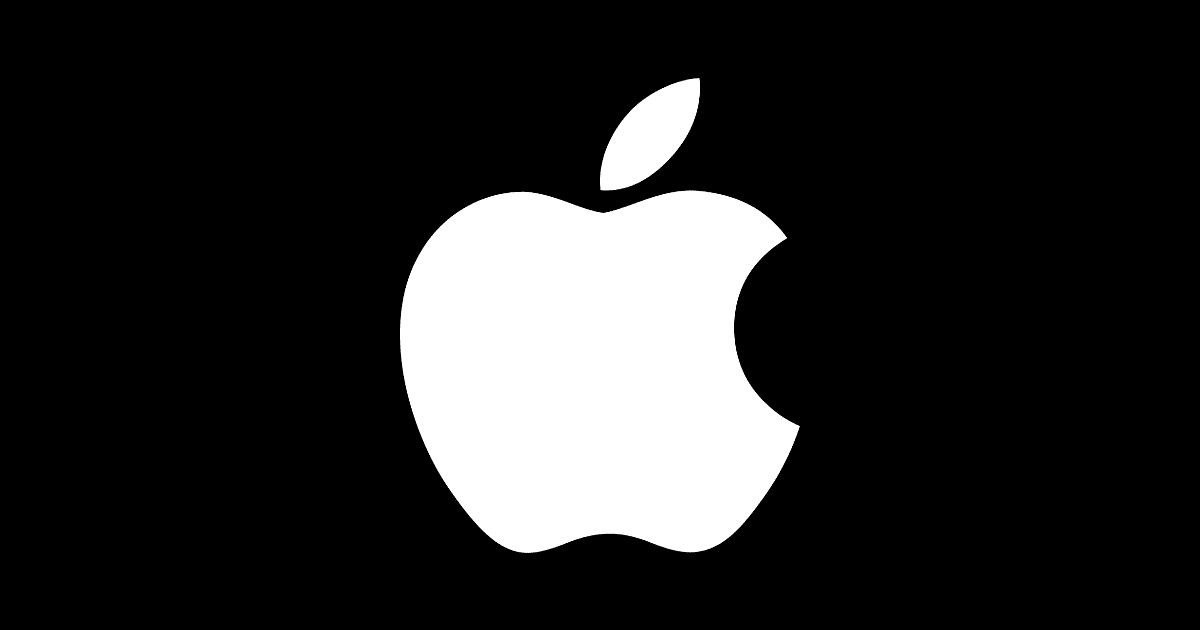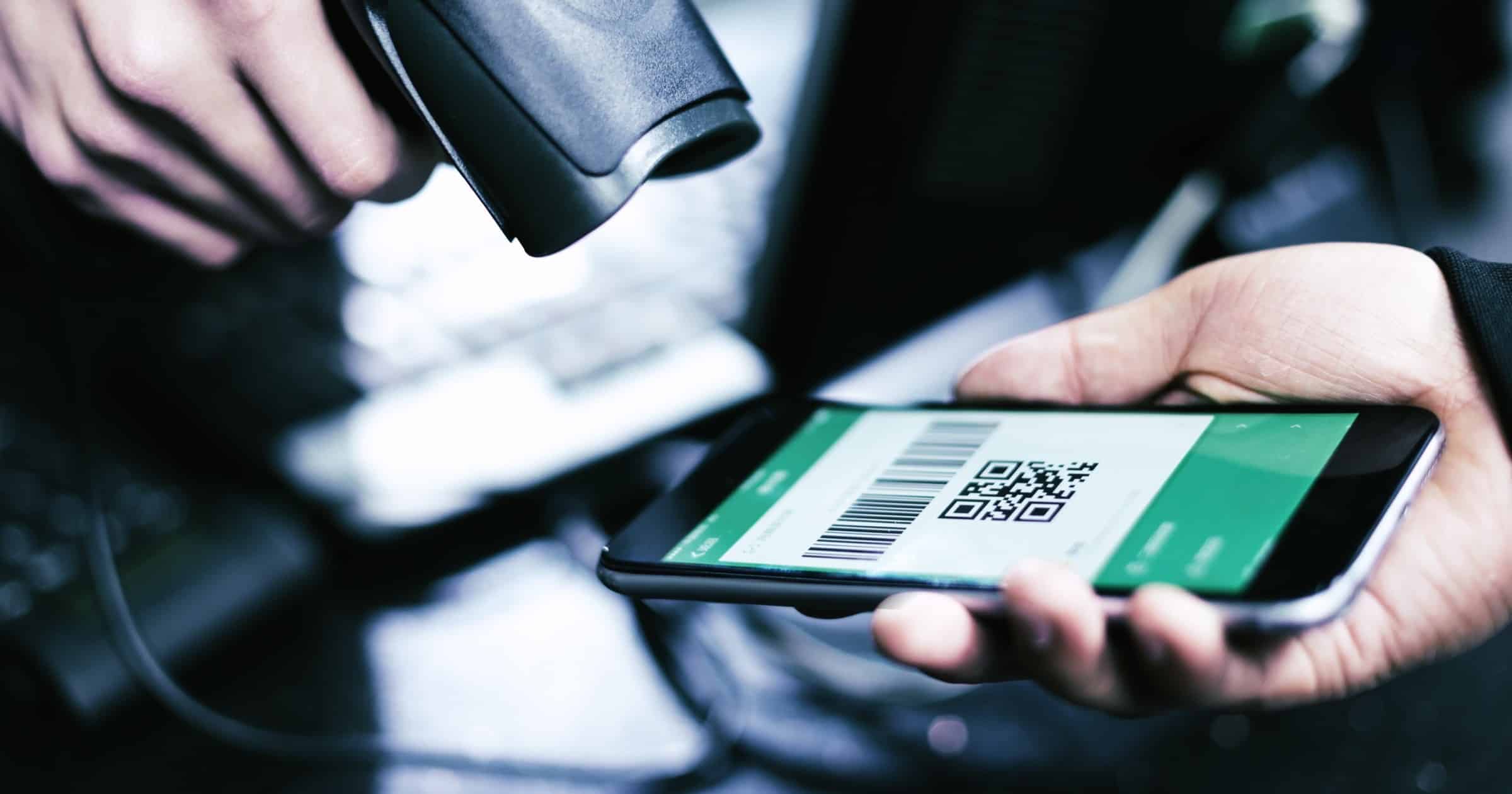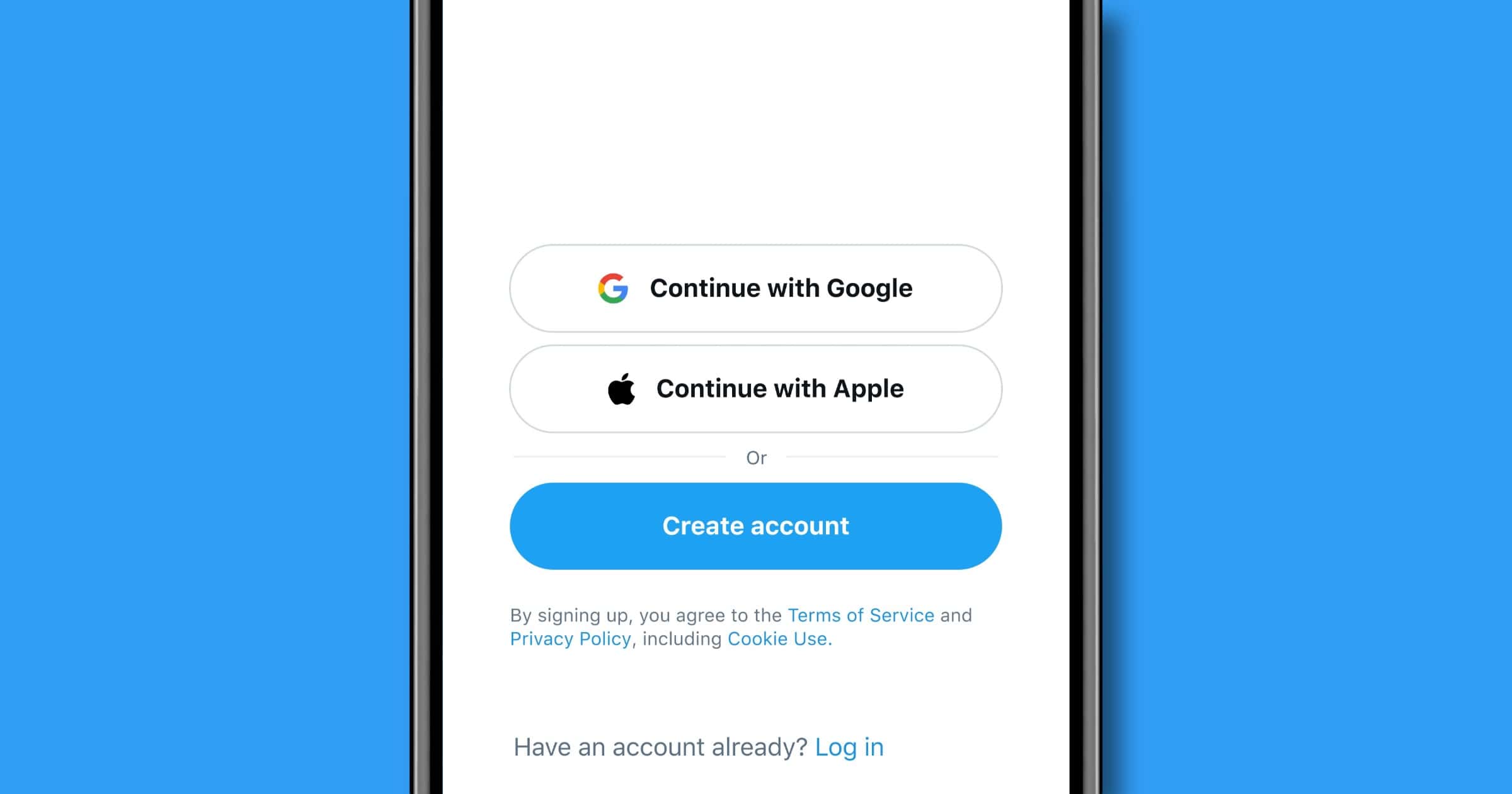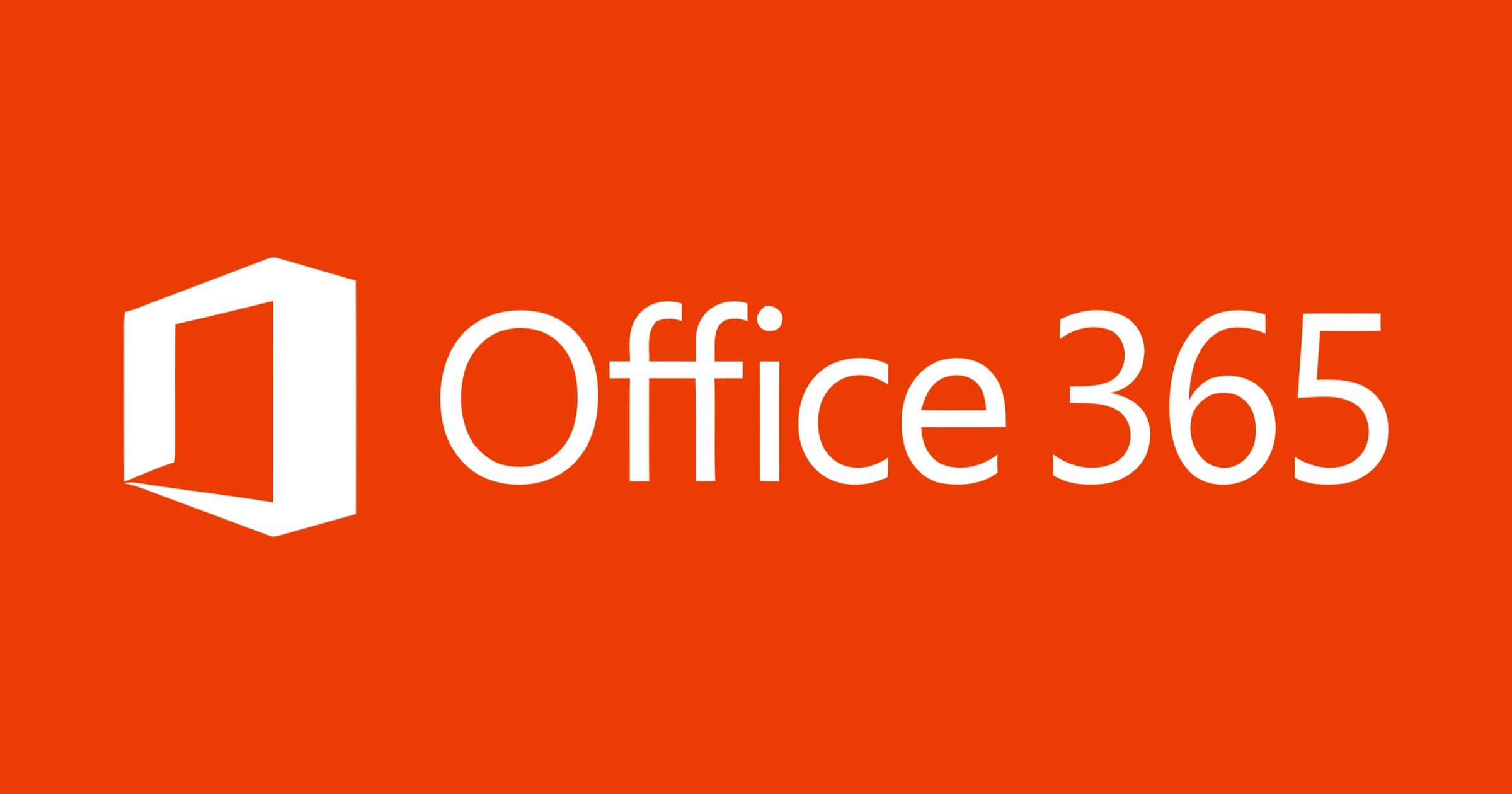Mimeo Photos announced on Tuesday that it surpassed one million app downloads in the Mac App Store. Sean Doherty, General Manager of Mimeo Photos:
We are beyond thrilled to have achieved one million downloads in the Mac App Store. From the inception of Mimeo Photos, we have been available to Apple Photo users who want to create beautiful photobooks, cards and calendars directly from their Mac computer. It’s always been our top priority to allow our customers to create superior photo products no matter where they are or what device they’re using, and this achievement is a testament to that goal we continually set for ourselves.
I think it’s a great photography service and I’m glad to see a milestone like this.

